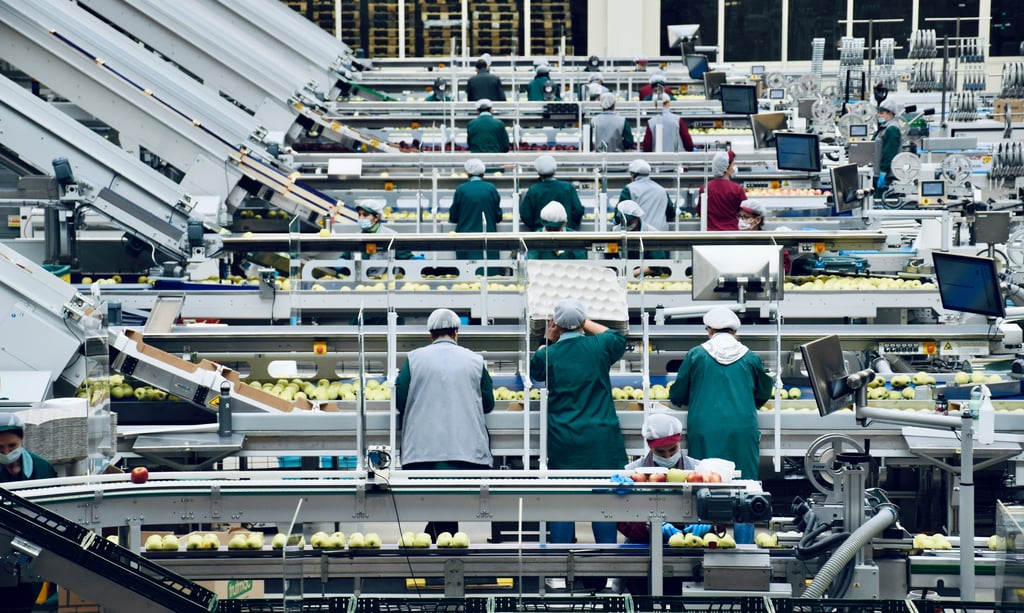Most Companies Are Raising Prices or Planning To Due to Tariffs, Data Shows
ECONOMY


Data from the New York Federal Reserve reveals that a majority of companies have already passed on at least some of the cost increases caused by President Donald Trump’s tariffs to their customers. This adds to mounting evidence that the tariff policy is likely to strain consumer budgets.
Widespread Price Pass-Through Across Industries
In May, approximately 77% of service firms that experienced increased costs due to U.S. tariffs passed at least part of those increases onto their clients. Similarly, about 75% of manufacturers reported the same, according to a New York Fed survey released Wednesday. Notably, over 30% of manufacturers and nearly 45% of service firms passed on the entire cost increase to customers.
Price hikes occurred rapidly after the tariffs were imposed. More than 35% of manufacturers and nearly 40% of service firms raised their prices within a week of experiencing tariff-related cost increases, demonstrating how quickly businesses respond to rising input costs.
Tariff Timeline and Market Reactions
President Trump announced in early April that he would apply “reciprocal” tariffs on imports from over 180 countries and territories, a move that initially caused a sharp drop in stock markets. However, the president soon paused or rolled back these tariffs for three months, allowing markets to recover most of their losses.
Companies and investors are now closely watching the July 9 deadline when these suspended tariffs could be reinstated. Meanwhile, trade policy remains uncertain. The U.S. has secured a trade deal with the United Kingdom, and Deputy Treasury Secretary Michael Faulkender stated this week that the administration is “close to the finish line” on other agreements.
CEO Perspectives and Industry Reactions
Supporting the New York Fed’s findings, a recent survey of 300 CEOs by the Chief Executive Group and AlixPartners found that nearly 90% have raised or plan to raise prices soon. About 70% of those executives plan price hikes of at least 2.5%.
Corporate leaders have been cautious discussing the tariffs publicly to avoid presidential scrutiny. For example, last month Trump publicly warned Walmart to “eat the tariffs,” signaling close presidential monitoring of corporate reactions.
Anonymous survey responses provide further insight into business concerns. One participant in the Institute for Supply Management’s manufacturing survey described the administration’s tariffs as causing supply chain disruptions “rivaling that of Covid-19.” Another commented that “chaos does not bode well for anyone, especially when it impacts pricing.”
Uncertainty and Distraction in Strategic Planning
Several respondents emphasized the uncertainty created by the tariffs. One noted that the temporary agreement between the U.S. and China to reduce tariffs raises questions about what the trade landscape will look like in the coming months.
Another respondent described ongoing contingency planning as “hugely distracting from strategic work” and expressed frustration at not knowing which plans to implement given the uncertain trade environment.
Similar concerns appeared in the Institute for Supply Management’s service sector survey. One respondent wrote, “Tariffs remain a challenge, as it is not clear what duties apply. The best plan is still to delay decisions to purchase where possible.”
